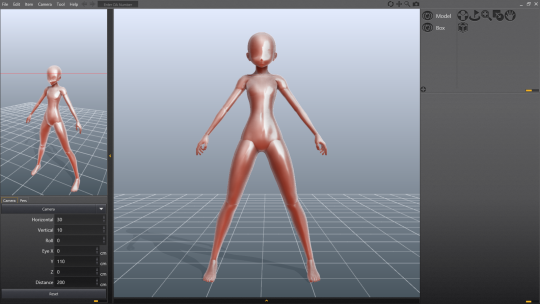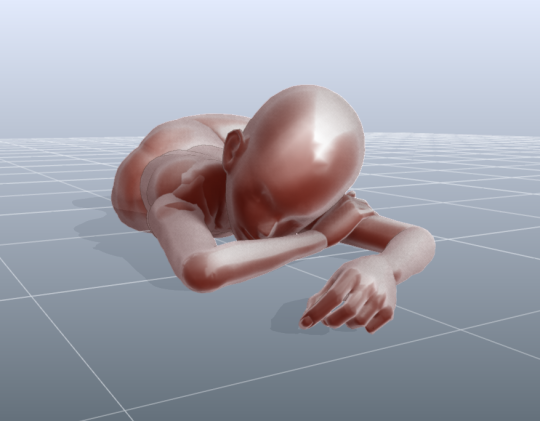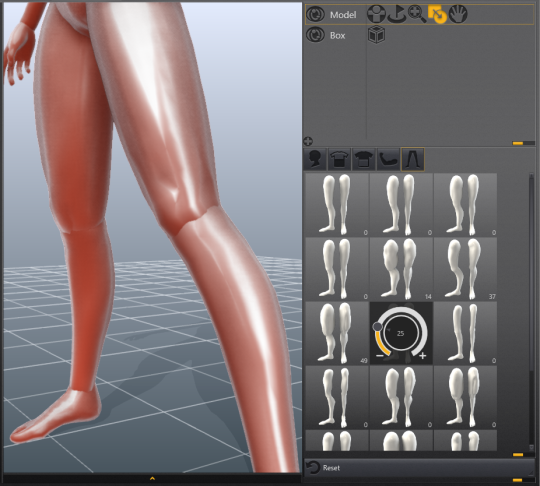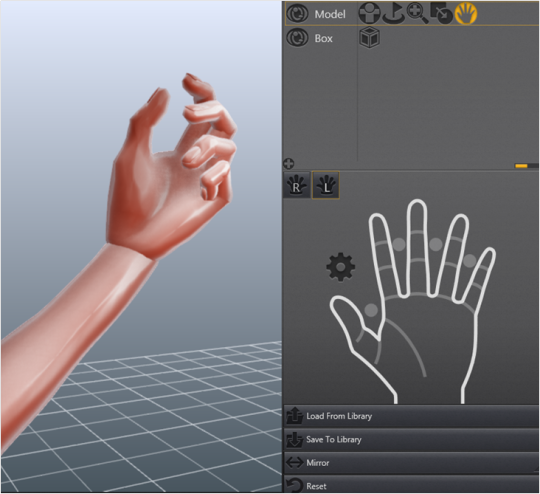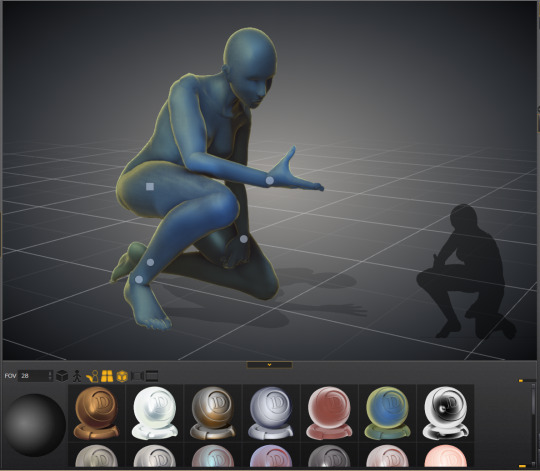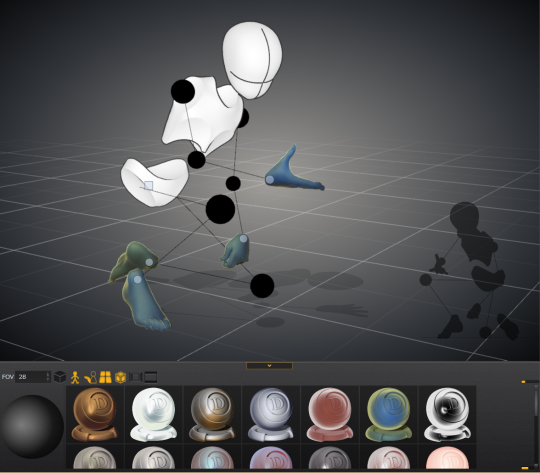Thought it might be fun to have a thread where everyone could share their favorite tools for making games.
I'm gonna use this post to list all of the tools everyone's posted and try and organize them!
Engines
- luxe
- Game Maker
- RPG Maker
- Construct 2
- BDX
- OpenFL
- Flash/Adobe Animate
- Unity
- Flixel
- HaxeFlixel
- Unreal Engine 4
- HaxePunk
- Ren'Py
- LÖVE
- Phaser
- Three.js
- Superpowers
- Stencyl
- Corona
- PICO-8
- Blitz 3D
- MonoGame
- PyGame
- ClickTeam Fusion
- AppGameKit
- GameGuru
- SDL
Graphics
- Blender
- Aseprite
- Flash/Adobe Animate
- Plastic Animation Paper
- Pyxel Edit
- Photoshop
- MagicaVoxel
- Mixamo
- Paint.NET
- GIMP
- Inkscape
- Graphics Gale
- Hexels
- Medibang
- FireAlpaca
- Piskel
- MilkShape3D
- DesignDoll
- Krita
- Wings3D
IDE/Programming
Audio/SFX
Tools
Version Control
Mobile (thanks thatguynm!)


